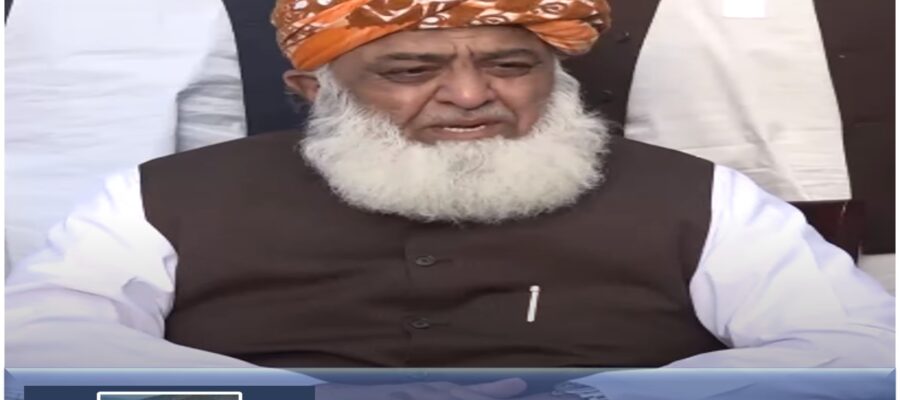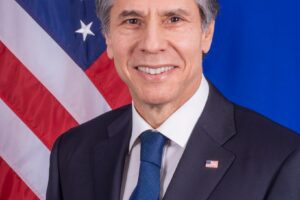In a significant turn of events, Maulana Fazal Rehman, a prominent Pakistani political figure, is set to revisit Afghanistan for the first time since the Taliban’s ascension to power in 2021. This anticipated visit is laden with geopolitical implications, given the intricate web of relationships and interests that define the region.
A Trip Down Memory Lane
It is worth noting that Fazal’s initial foray into Afghan affairs dates back to 2013 when he visited the nation during the tenure of former Afghan President Hamid Karzai. His return, after more than a decade, signals a renewed engagement with a country that has undergone profound changes, both politically and socially.
New Missions, New Challenges
The Pakistani and Iranian governments, recognizing Fazl’s influence and rapport with Afghan factions, have entrusted him with pivotal missions. Central to these objectives is the task of engaging with the Taliban government. Discussions are expected to revolve around border security—a paramount concern for both Pakistan and Iran given the porous nature of their frontiers with Afghanistan.
Beneath the veneer of security cooperation lies a deeper strategic game. Fazl’s interactions with the Taliban are likely to recalibrate regional dynamics, particularly concerning Indian interests in Afghanistan.
A Changing Economic Landscape
Since the Taliban assumed power in 2021, there has been a concerted effort to revitalize Afghanistan’s beleaguered economy. Notably, the Taliban leadership has brokered deals with various nations and international corporations, paving the way for investments and infrastructural development. The Indian government, too, has been an active player, committing resources and capital to various Afghan projects.
Yet, this economic renaissance is not without its geopolitical undertones. Every investment and every development project is a chess move in the larger game of regional influence.
The Fazl Factor: A Catalyst for Change?
The pivotal question that emerges is whether Fazl’s diplomatic endeavors can alter the Taliban’s historically complex relationship with Pakistan. While Fazl’s past interactions with Afghan leaders signify his diplomatic acumen, the current scenario is markedly different. The Taliban, emboldened by their resurgence and newfound international partnerships, may have less incentive to heed external counsel, even from a seasoned figure like Fazal Rahman.
India’s substantial investments and interests in Afghanistan add another layer of complexity. Any perceived tilt in the Taliban’s policy favoring Pakistan could unsettle the delicate balance of power and trigger a ripple effect across the region.





